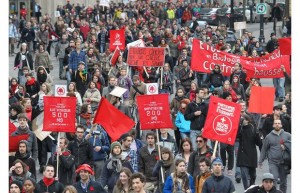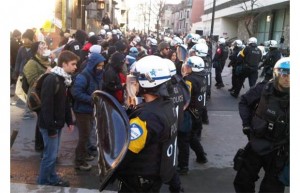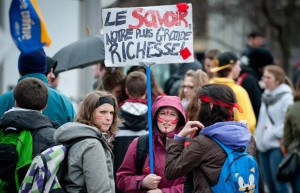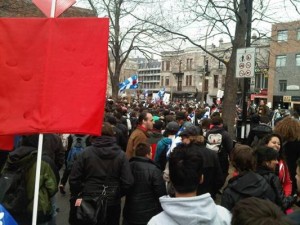The Ubyssey: UBC asks BC Supreme Court to review racial discrimination complaint
UBC has applied to the BC Supreme Court for a judicial review of a professor’s discrimination complaint.
A BC Human Rights Tribunal (HRT) decision called for a full judicial hearing of a complaint made in May 2010 by UBC Education professor Jennifer Chan. But the university is arguing that UBC’s internal review process has already put the case to rest.
Chan alleges that she was a victim of racial discrimination when considered for one of the university’s research chairs.
Chan, who is of Chinese descent, was a finalist for the Lam Chair in Multicultural Education but was not selected. She has argued that sloppy appointment procedures allowed racial bias to creep into the process. Chan filed a human rights complaint in May 2010. Earlier this year, the HRT declined UBC’s application to dismiss the complaint.
“The university believes the BC Human Rights Tribunal made some important errors in its preliminary rulings on the case of Associate Professor Chan,” said Lucie McNeill, Director of UBC Public Affairs.
McNeill said the university disagrees with the HRT’s decision because they believe Chan’s case was dealt with by UBC’s equity procedures.
“The HRT is essentially saying [that] irrespective of the internal process we have through our equity office, that somebody is entitled to that last final appeal at the human rights tribunal,” said McNeill. “But things should only go to appeal if they’re justified to go to an appeal.”
In writing the decision, Tribunal Member Norman Trerise argued that requiring an employee to go through an internal process and then denying them the right to an appeal with the HRT “essentially pulls the rug out from under that faculty member.”
“The university believes that this case is actually not correct and that interpretations at the HRT were not proper,” said McNeil. “[The university] has a responsibility to stand up and say ‘no, we cannot let this stand as precedent.’”
In an email statement to The Ubyssey, Chan said she has exhausted her pro-bono legal support and will have to self-represent.
“UBC is further delaying the complaint process, adding legal costs and stress,” she wrote. “UBC should play fair and let the HRT hearing go ahead as scheduled with full disclosure of evidence.”
McNeill denied that the university is trying to delay the case.
“The university doesn’t want to commit more time and resources to a lengthy hearing,” she said.
“This is not about avoiding or delaying tactics or anything like that. We take complaints of discrimination very seriously.”
You may also be interested in:
Does UBC have an equity gap? A look at the independence and integrity of the Equity Office

 Follow
Follow


